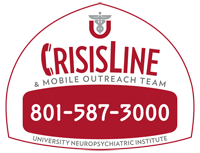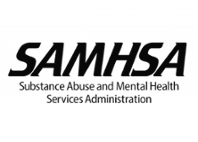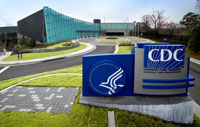
COVID-19 and Your Mental Health
You and/or those around you may feel increased stress and anxiety during the current COVID-19 public health crisis. It is important to be aware of your mental and emotional health and to understand that it is normal to experience escalated emotions during and after a disaster.
Caring for yourself, your friends, and your family, can help you cope with added stress and anxiety. The CDC recommends doing the following things to support yourself:
- Take care of your body. Try to eat healthy well-balanced meals, exercise regularly, and get plenty of sleep. Avoid alcohol, tobacco, and other drugs.
- Connect with others. Share your concerns and how you are feeling with a friend or family member, keeping in mind the recommendations for social distancing.
- Stay informed. When you feel that you are missing information, you may become more stressed or nervous. Watch, listen to, or read the news for updates from officials. Be aware that there may be rumors during a crisis, especially on social media. Always check your sources and turn to reliable sources of information like your local government authorities.
- Avoid too much exposure to news. Take breaks from watching, reading, or listening to news stories. It can be upsetting to hear about the crisis and see images repeatedly. Try to do enjoyable activities and return to normal life as much as possible and check for updates between breaks.
For more information about coping with stress and anxiety during the COVID-19 crisis and for up-to-date facts about the crisis, visit the CDC's Coronavirus website.
If you have a pre-existing mental health condition, continue with your normal treatment and be aware of new or worsening symptoms. Call your healthcare provider if stress gets in the way of your daily activities for several days in a row.
RESOURCES
 |
Utah Crisis Line (801) 587-3000
If you, or someone you care about, are feeling overwhelmed with emotions like sadness, depression, or anxiety, or feel like you want to harm yourself or others, call the Univeristy of Utah Neuropsychiatric Institute's CrisisLine at (801) 587-3000. https://healthcare.utah.edu/uni/programs/crisis-diversion.php |
 |
SAMHSA Disaster Distress Helpline 1-800-985-5990
The Substance Abuse and Mental Health Services Administration (SAMHSA) Disaster Distress Helpline is a 24/7, 365-day-a-year, national hotline dedicated to providing immediate crisis counseling for people who are experiencing emotional distress related to any natural or human-caused disaster. This toll-free, multilingual, and confidential crisis support service is available to all residents in the United States and its territories. Stress, anxiety, and other depression-like symptoms are common reactions after a disaster. Call 1-800-985-5990 or text TalkWithUs to 66746 to connect with a trained crisis counselor. |
 |
Centers for Disease Control and Prevention (CDC)
The outbreak of coronavirus disease 2019 (COVID-19), may be stressful for people and communities. Learn more about coping during COVID-19. https://www.cdc.gov/coronavirus/2019-ncov/prepare/managing-stress-anxiety.html |
Support Healthy Minds, Give Today
Please help the Department of Psychiatry to expand our clinical care, research and academic programs. Donate here!